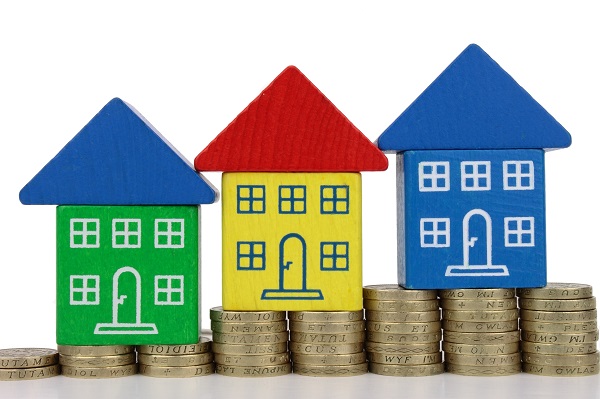 The average price of a property in the UK rose £3,000 in August as the housing market continues to show signs of recovery following the Brexit vote.
The average price of a property in the UK rose £3,000 in August as the housing market continues to show signs of recovery following the Brexit vote.
The data from the Office for National Statistics revealed that the monthly price change for a property in the UK went up 1.3% to £219,000 in August.
On an annual basis prices are up 8.4% – £17,000 higher than in August 2015.
House prices increased by 9.2% England over the year to £236,000, while Wales saw house prices increase by 2.7% to £145,000. In Scotland the average price increased by 4.3% over the year to £145,000. The average price in Northern Ireland is currently £123,000.
On a regional basis, London continues to be the region with the highest average house price at £489,000, followed by the South East and the East of England, which stand at £318,000 and £277,000 respectively. The lowest average price continues to be in the North East at £127,000.
The East of England is the region which showed the highest annual growth, with prices increasing by 13.3% over the year to August.
Growth in the South East was second highest at 12.2%, followed by London at 12.1%. The lowest annual growth was in the North East, where prices increased by 3.0% over the year.
John Goodall, CEO and co-founder of Landbay, said: “For another consecutive month, the housing market proved its resilience despite ongoing fears around Brexit, with house prices continuing their steady upward climb. The decision to slash interest rates at the beginning of August boosted mortgage lending and with another cut expected in the coming months we could see a further uptick in prices, as buyers take advantage of the lowest borrowing costs we’ve ever seen.
Ishaan Malhi, CEO and founder of online mortgage adviser Trussle, said: “It’s been a rather blurred picture for house price growth since the Brexit vote, with several of the UK’s major lenders coming to very different conclusions about price movement in August. The latest ONS data has shed a little more light on this, reporting an 1.3% rise in prices for the month, suggesting that the immediate commotion caused by the EU result has yet to put the brakes on price growth in the market.
“A shortage of supply remains the core reason for the continued growth in prices, but the small upturn in August could also be down to a surge in demand following August’s interest rate cut. For those with a deposit saved, buying a home has become that little bit more affordable through cheaper mortgage rates, but it’s crucial that people do their due diligence and choose a lender that’s passing on the full benefit of the rate cut to its borrowers.”




